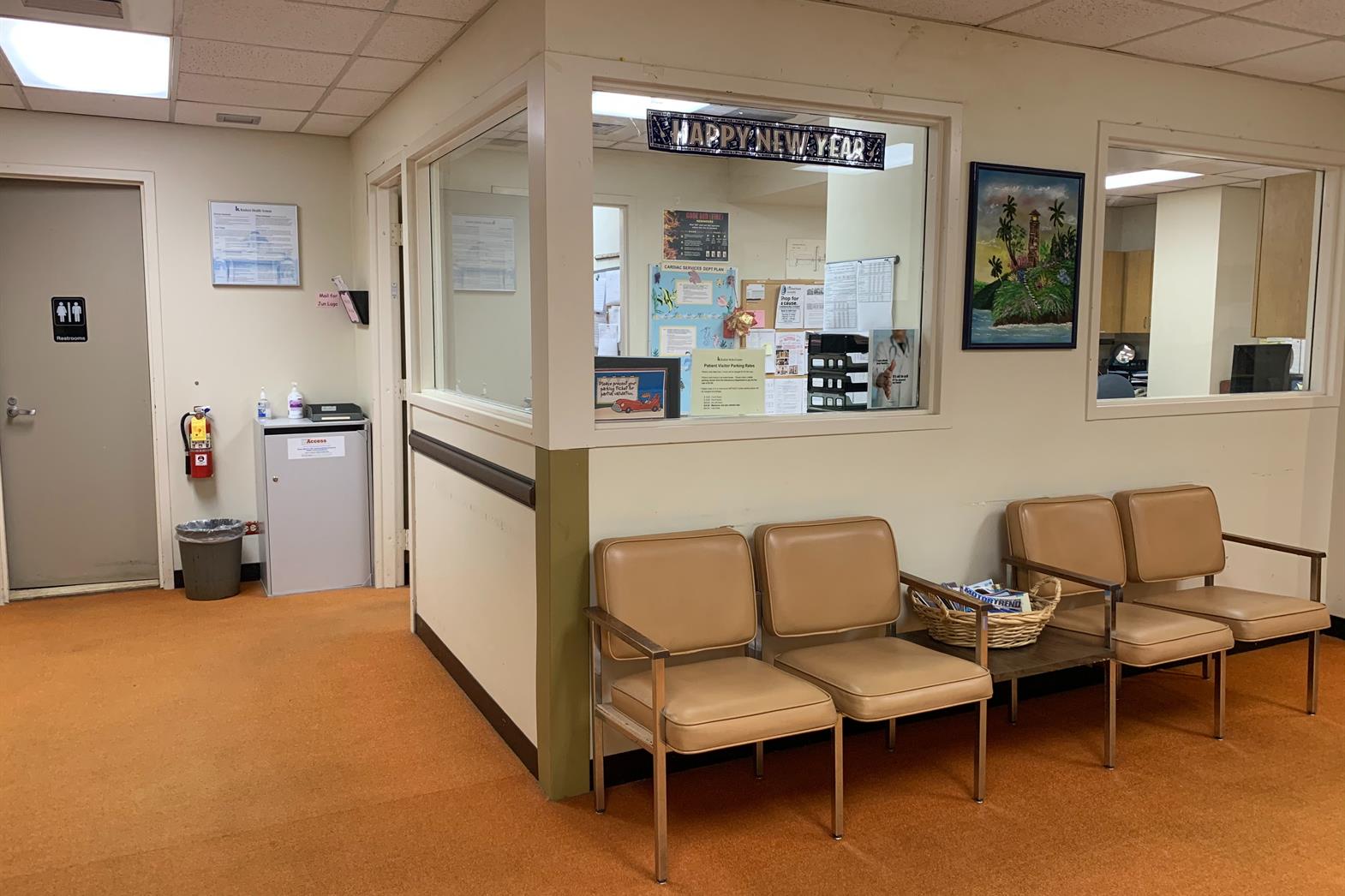What you need to know:
Compared to adults without developmental disabilities (DD), adults with DD consistently fared worse across all five outcomes. This pattern held true regardless of age, sex, the wealth or poverty of the neighbourhood where they lived or the kind of developmental disability they had. Among adults with developmental disabilities, the pattern of poor outcomes differed depending on the type of developmental disability (Down syndrome, autism, mental health and/ or addictions diagnosis).
What is the research about?
Ontario adults with DD have poorer physical and mental health and use more health care. This new report looks at how adults with DD differ from adults without DD with regard to five important health and health care outcomes: 30-day repeat emergency department visits, 30-day repeat hospitalizations, alternate level of care, long-term care use, and premature mortality.
What did the researchers do?
The Health Care Access Research and Developmental Disabilities (H-CARDD) Program with scientists from ICES looked at 64,699 Ontario residents with DD who were between 19 and 65 years of age in 2010 for a six-year period between April 2010 and March 2016 and compared this group to adults without DD for the five problematic outcomes. We examined these outcomes by age, sex and the wealth or poverty of the neighbourhood where people lived. The research also looked at these five outcomes for three subgroups of individuals with DD: adults with Down syndrome, adults with autism and adults with developmental disabilities and a mental health and/or addictions diagnosis.
Adults with developmental disabilities were consistently disadvantaged for every outcome examined in this report. This reinforces other research demonstrating that these adults are a complex and highly vulnerable population and supports the recommendation that they require multifaceted solutions that address a range of health care outcomes.
What did the researchers find?
In the six-year study period, compared to adults without DD, adults with DD were:
- Nearly two times more likely to have at least one return visit to an emergency department within 30 days of an earlier visit or hospitalization (34.5% vs. 19.6%).
- More than three times more likely to be readmitted to hospital within 30 days of their initial discharge (7.4% vs. 2.3%).
- Six and a half times more likely to have at least one alternate level of care day in hospital (the need to remain in hospital despite being well enough for discharge; 4.6% vs. 0.7%).
- Seventeen and a half times more likely to spend at least one day in long-term care (3.5% vs. 0.2%).
- Nearly four times more likely to experience premature mortality (dying before the age of 75 years; 6.1% vs. 1.6%).
How can you use this research?
Adults with developmental disabilities were consistently disadvantaged for every outcome examined in this report. This reinforces other research demonstrating that these adults are a complex and highly vulnerable population and supports the recommendation that they require multifaceted solutions that address a range of health care outcomes. These solutions need to be tailored to the needs of specific developmental disability subgroups in order to increase their impact and relevance. In addition, a plan is needed that includes people with disabilities at its centre, which considers their rights inside and outside of healthcare, and transitions across different parts of the health care system. This unified approach is needed to ensure that people with DD are considered as a whole and in this manner, bridge existing information, policy and planning silos. Our findings have relevance in Ontario and other jurisdictions where there is interest in improving the health care and health status of individuals with developmental disabilities.
About the researchers:
Dr. Elizabeth Lin, Provincial System Support Program at CAMH
Dr. Robert Balogh, Faculty of Health Sciences at UOIT
Dr. Yona Lunsky, Adult Neurodevelopmental Services at CAMH
Citation
Lin E, Balogh RS, Durbin A, Holder L, Gupta N, Volpe T, Isaacs BJ, Weiss JA, Lunsky Y. Addressing Gaps in the Health Care Services Used by Adults with Developmental Disabilities in Ontario. Toronto, ON: ICES; 2019.
About H-CARDD
Health Care Access Research and Developmental Disabilities (H-CARDD) is a research program that aims to enhance the overall health and well-being of people with developmental disabilities through improved health care policy and services. H-CARDD research is conducted by dedicated teams of scientists, policymakers, health care providers, people with disabilities and families working collaboratively. This study was funded by a Canadian Institutes of Health Research Partnerships for Health System Improvement Grant (PHE 103973), in partnership with the Province of Ontario, Autism Ontario, the Centre for Addiction and Mental Health Foundation, Community Networks of Specialized Care, the North Bay Regional Health Centre, the Ontario Shores Centre for Mental Health Sciences, Surrey Place, The Royal Ottawa Health Care Group and the Waypoint Centre for Mental Health Care. This study was also supported by ICES, which is funded in part by an annual grant from the Ontario Ministry of Health and Long- Term Care (MOHLTC). The opinions, results and conclusions in this summary are those of the authors. No endorsement by the data providers, funders, or collaborators is intended or should be inferred.
This research summary was written by Dr. Yona Lunsky for the Health Care Access Research and Developmental Disabilities program. This research snapshot, along with other snapshots, can be found at https://www.porticonetwork.ca/web/hcardd
Reproduced with the permission of Dr. Yona Lunsky (Health Care Access Research and Developmental Disabilities). This information appeared originally on the Health Care Access Research and Developmental Disabilities website (https://www.porticonetwork.ca/web/hcardd).


